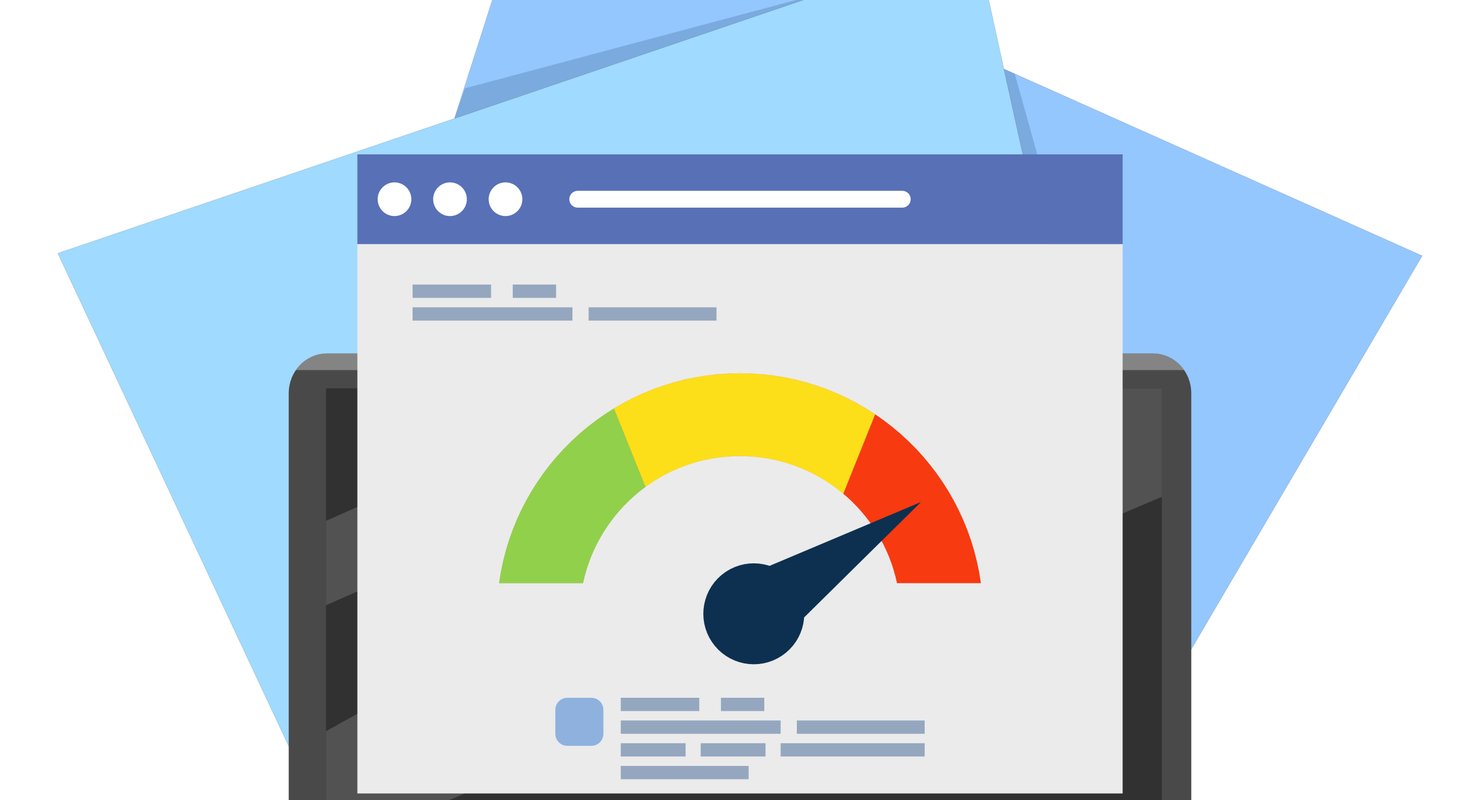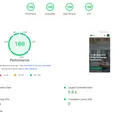Google PageSpeed Insights: Why Is It Important
Did you know that 47% of users abandon a site that takes more than 2 seconds to load?
With how quick the world is right now, website performance isn't just a technical nicety, it's a core part of modern business. Your website needs to keep up with how quick the world expects things to load. Google PageSpeed Insights is the gold standard for measuring and improving website performance, offering business owners and website developers a comprehensive tool to diagnose issues and improve their websites.
What is Google PageSpeed Insights?
Google PageSpeed Insights is a tool developed by Google that rates the performance of websites across desktop and mobile devices. More than just a simple speed test, Google PageSpeed Insights provides a detailed analysis of your website's performance using key metrics known as Core Web Vitals. Core Web Vitals are:
- Largest Contentful Paint (LCP): How quickly does your website takes to load? Goal: under 2.5 seconds.
- First Input Delay (FID): How quickly can someone can interact with your website? Goal: under 100ms.
- Cumulative Layout Shift (CLS): Does the website content move on the page while loading? (It's bad if it does) Goal: less than 0.1.
Google PageSpeed Insights also generates a score between 0 and 100, with higher scores indicating better performance:
- 0-49: Poor performance (you have some major problems to sort out)
- 50-89: Needs improvement (certainly some work to do)
- 90-100: Good performance (Google and your customers will thank you)
We've written another blog breaking down the specifics of the report. We also specialise in optimising websites for Google PageSpeed Insights, with our Green PageSpeed Guarantee, we guarantee scores 90+ for our customers.
Why your Google PageSpeed Insights report matters...
Search Engine Optimisation (SEO)
Google's algorithm for ranking websites is crystal clear, website speed matters. Websites that load quickly are rewarded with higher search rankings on Google and other search engines, like Bing. Specifically, pages that load in under 2.5 seconds have a significant advantage in search engine results pages (SERPs).
User Experience (UX)
The statistics are stark and unforgiving when it comes to poor websites:
- 47% of users abandon sites that take longer than 2 seconds to load
- A mere 1 second delay can reduce conversions by 7%
Your customers expect your website to load quickly, or they will bounce and find one of your competitors.
Accessibility
Your website should be accessible to everyone, no matter their disability. 16% of the global population has a significant disability, and a number of disabilities can lead websites to be unusable to those who have a range of conditions, whether that be:
- Visual Impairments (Blindness, colour-blindness, eye floaters, etc.)
- Motor control issues (Parkinsons, Cerebral Palsy, ALS, etc.)
- Neurological Disabilities (ADHD, Dyslexia, Autism, etc.)
You should make your website accessible for a multitude of reasons, the main ones are:
- Ethical - you should want to be accessible to those with disabilities, and not be the reason they can't access certain services and continue to struggle.
- Legal - you could open yourself up to fines and lawsuits for breaching the Equality Act 2010 and WCAG Standards.
- Commercial - you could be missing out on a number of potential customers, simply because they can't use your website.
What Influences the Google PageSpeed Insights Reports?
Google PageSpeed Insights typically highlights several performance issues which will impact how your website ranks on Google.
Poorly Constructed Website Code
When your website is built using page builders or an inexperienced developer, the underlying code becomes unnecessarily complicated. Imagine a house with too many walls, it makes navigation difficult and slows everything down. It's the same concept with websites, and Google PageSpeed Insights sees this.
Google PageSpeed Insights will penalise websites with:
- Excessive, nested HTML elements
- Unnecessary inline styles
- Unused CSS and JavaScript
Poorly Optimsied Images
Large, uncompressed images are like carrying heavy luggage through an airport, they slow you down significantly. Google PageSpeed Insights specifically looks at how images are handled on your website.
Key issues include:
- Images that are not resized for web
- Images that are not compressed
- Images that are in older formats instead of modern WebP or AVIF formats.
Unnecessary Website Features
Many websites load features that are never used. This is a classic sign of a page builder or an inexperienced developer, it's just like a restaurant preparing dishes that never get ordered. These unnecessary scripts consume valuable loading time which Google PageSpeed Insights sees and will penalise for.
Examples include:
- Unused animation libraries
- Unnecessary tracking codes
- Scripts on pages that don't need them
- eCommerce functionality on a website which sells no products
Server Performance Limitations
Your web hosting is like your website's foundation. A weak foundation means a shaky structure. Slow servers directly impact how quickly your website loads, this is why we host all of our websites on Netlify, as a trusted partner to host websites that load quickly and get the best Google PageSpeed Insights scores.
Performance challenges include:
- Inadequate hosting plans
- Lack of server-side caching
- No Content Delivery Network (CDN)
Mobile Responsiveness
With mobile users accounting for over 54% of web traffic, mobile performance is no longer optional - you need to have a responsive website which scales no matter the device. Google's mobile-first indexing means your mobile site's performance directly influences your overall search rankings.
Mobile performance issues:
- Improper scaling on smaller screens
- Unreadable text
- Buttons/links too small to tap
Strategic Website Architecture
How your website is fundamentally constructed matters immensely. It's like the difference between a well organised office and a cluttered storage room.
Architectural considerations include:
- Clean, semantic HTML structure
- Prioritised critical webpage resources
- Minimal, purposeful animations
- Efficient font loading
When working with a developer that knows what they are doing, these are all easy things to sort, however when using page builders or inexperienced developers, they won't know what to do here.
Conclusion: Google PageSpeed Insights Matters
Google PageSpeed Insights is more than a performance tool, it is a cheat sheet provided by Google on how to rank your website. By understanding and implementing its recommendations, businesses can significantly improve their online presence, search rankings, and user experience, which ultimately leads to more conversions and more clients.
You can run your website through Google PageSpeed Insights today, as well as work with us on improving your scores with our fully managed website services.







